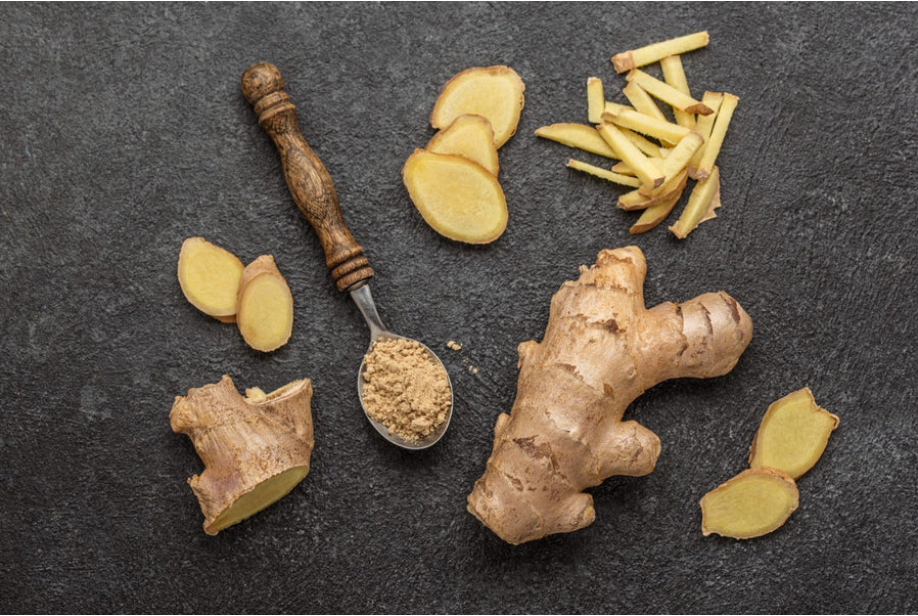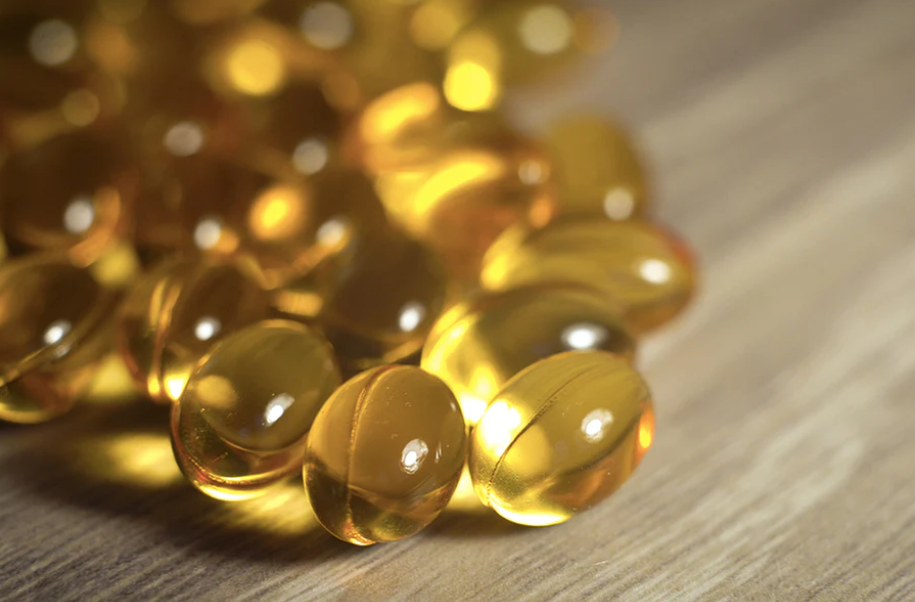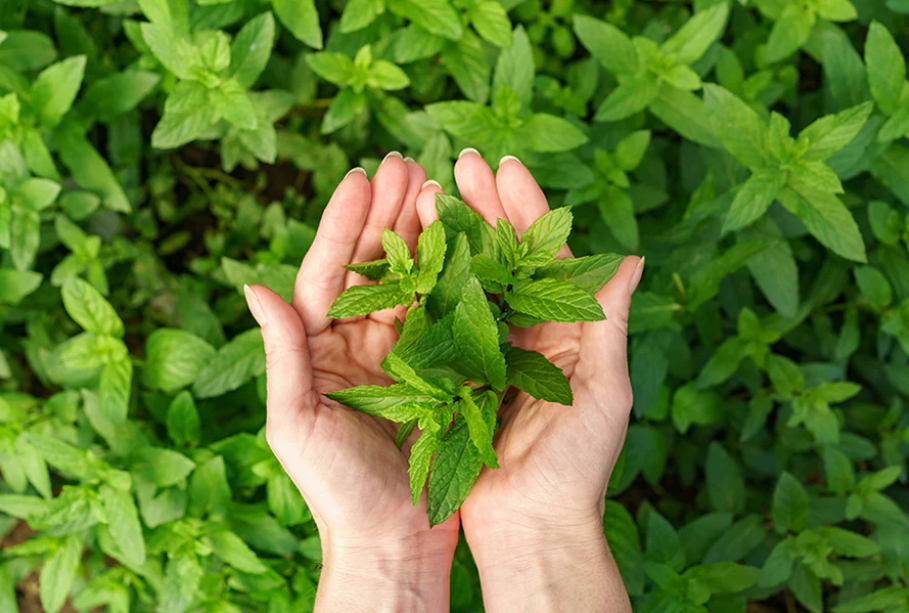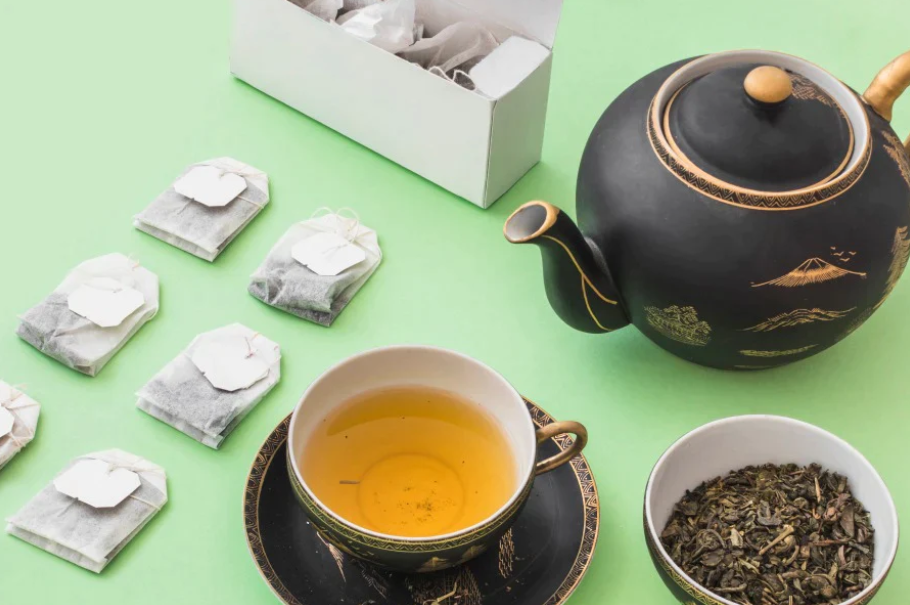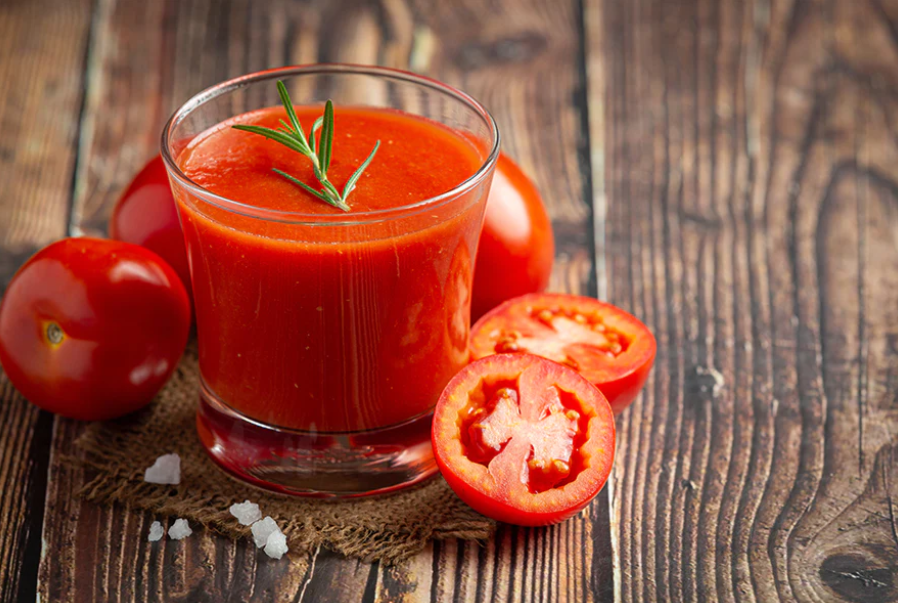Ginger, a common spice used in Indian cuisines for centuries for medicinal purposes, is a staple ingredient. Ginger is an excellent home remedy that can prevent many types of infections and diseases. It is a wonderful home remedy for many diseases and infections.
Ginger can be used in Indian Ayurveda as a home remedy for cold and cough due to its antimicrobial qualities. Ginger is good for hair health, including treating infections and treating hair loss. Ginger can also be used in hair care because it helps stop scalp infections and maintain hair health
5 Ginger benefits for hair
A good skincare routine is one of the best things you can do for your skin. Haircare is equally important. Although ginger isn’t approved by the medical community for hair treatments, there are some personal experiences that show ginger’s positive effects on hair growth and hair regrowth.
According to researchers , although there isn’t any scientific evidence that ginger can treat baldness , it could have potential benefits in treating scalp infections and clearing them up.
Controls dandruff
Ginger can be used to treat dandruff also called seborrheic dermatologtitis. The best treatment for hair dandruff is ginger juice. The most common cause of dandruff is a yeast infection called yeast Malassezia. It causes redness, itching and flakiness to the scalp. Ginger’s antimicrobial and antifungal properties help to control hair dandruff.
Ginger juice is the best treatment for hair dandruff. It can be applied to the scalp to control the infection.
Ginger juice preparation is simple and straightforward.
- Extract the juice from fresh ginger.
- Leave the extracted juice on your scalp for at least half an hour.
- SLS Free
- To get better results in clearing dandruff, do this twice per week.
Helps in scalp irritation
Ginger has anti-inflammatory qualities, which protect the scalp from itching and redness caused by infections. Avoid harsh shampoos which can dry out your scalp and cause it to become flaky or irritate the scalp.
Hair follicles
Ginger is an essential spice that can be used in many ways, including to nourish hair follicles. Applying ginger oil topically to the scalp is a great way to promote hair growth.
Hair fall
Ginger helps to prevent scalp infections, nourish hair follicles, and treat dandruff.
Protects hair against damage
Anti-oxidant properties of ginger help prevent hair loss and damage from free radicals. Ginger protectsthe scalp from damage caused by smoking and UV rays.
How to grow hair with ginger?
Ginger for hair growth is a natural way to stimulate your scalp and encourage hair growth. These are some ways to use ginger for hair growing:
1. Make a ginger infusion
- Boil two cups water, and then add two teaspoons freshly grated ginger.
- Allow the mixture to steep for 10 minutes, then strain it.
- For extra volume and shine, use the infusion to rinse your hair.
2. Make a ginger mask
- One tablespoon freshly grated ginger, one teaspoon honey and one tablespoon olive oil.
- Apply the mixture to your scalp.
- Allow the mask to remain on for at least 15-20 minutes, then rinse with warm water.
3. Drink ginger tea:
Ginger tea is a great way to increase hair growth and circulation.
- Make ginger tea by adding two tablespoons freshly grated ginger to 2 cups of boiling water. Let it steep for 10 minutes.
- Every night, have one cup of tea before you go to bed.
These are just some of the many ways ginger can be used to stimulate hair growth. Before trying any natural remedies, consult your doctor.
Is ginger good for hair growth?
Ginger is good for hair growth. It is rich in essential vitamins and minerals that can help encourage healthy hair growth. It can also help reduce hair loss, improve hair appearance, and increase scalp circulation.
Does ginger cause hair loss?
Ginger does not cause hair fall. Ginger has been shown to increase hair growth and decrease inflammation. This can improve scalp health and lower the chance of hair loss. Ginger can increase hair growth by stimulating circulation.
Ginger vs. onion for hair growth
Both onion and ginger are touted as natural hair growth remedies, with some evidence.
Ginger may be a better choice than onion for hair growth. Ginger is high in vitamins and minerals, which are vital for healthy hair growth. It also contains antioxidants, which can protect hair from oxidative stress.
Onion is, however, a rich source of sulfur, a mineral that stimulates hair growth and helps to stimulate scalp circulation. Both onion and ginger are great options for hair growth. However, ginger is likely to be the best.
Side effects from ginger scalp application
Ginger can be used in Indian cooking as a spice. Before applying ginger to your hair, do a patch test. If you notice any side effects, avoid ginger oil, masks or any other form of ginger.
Below are some side effects or reactions to ginger.
- Hives
- Inflammation of the skin
- The sensation of burning
- Red rashes
- Itchiness
- Cramps
- Heartburn
- Diarrhoea
Take Away
Although there are many hair care and hair growth products on the market, most people prefer to use a traditional method of caring for their hair. Although it is anti-inflammatory and anti-fungal, there are possible side effects. Some people may become allergic to ginger. Ginger supplements should only be taken after consulting a doctor. Ginger can be eaten in food and applied topically to the scalp.
FAQs
Does ginger help in hair growth?
Ginger can aid in hair growth. The anti-inflammatory and anti-oxidant properties of ginger can stimulate scalp circulation, which can result in increased hair growth.
How frequently can I use ginger in my hair?
Ginger should be used on hair only once or twice per month. Ginger can cause irritation and dryness to the scalp if you use it too often.
Can you mix ginger and onion?
You can mix ginger and onion to stimulate hair growth. Both contain vitamins and minerals, which can nourish hair and scalp, stimulate circulation, and promote healthy hair growth.
Refers
Yong Miao, 1 Yabin Sun, 2 Wenjun Wang, 3 Benjun Du, 1 Shun-e Xiao, 1 Yijue Hu, 1 and Zhiqi Hu 1, 6-Gingerol inhibits hair shaft growth in cultured human hair follicles and modifies hair growth in mice

